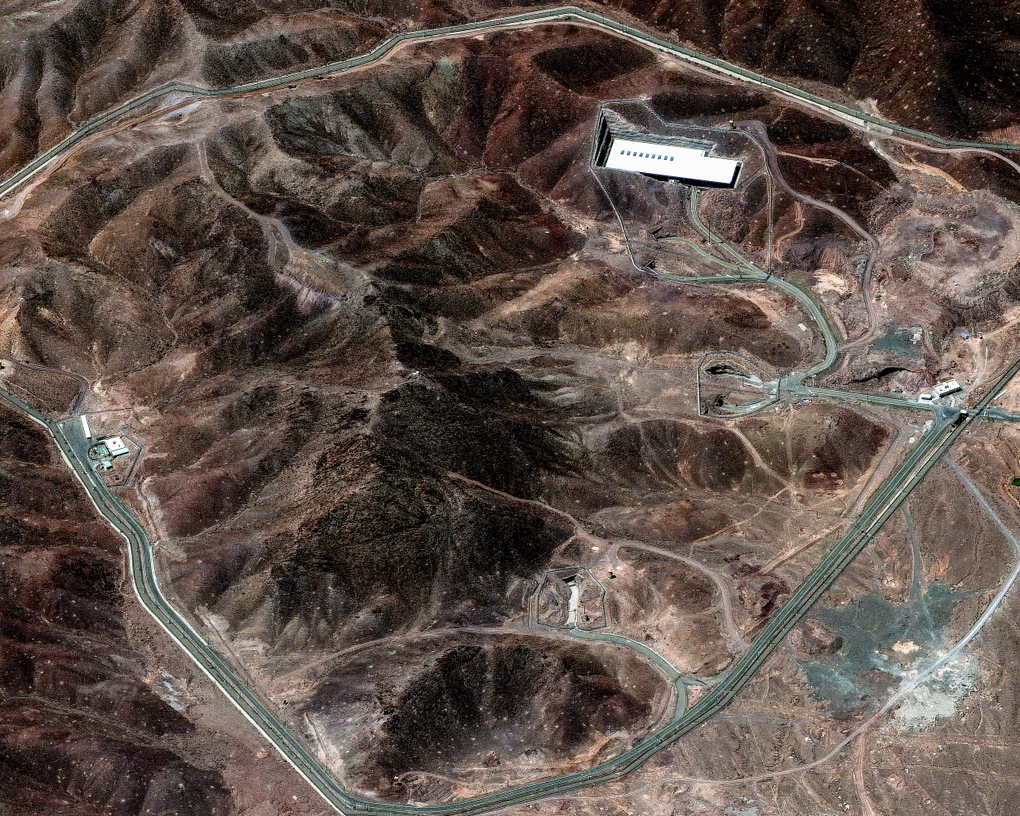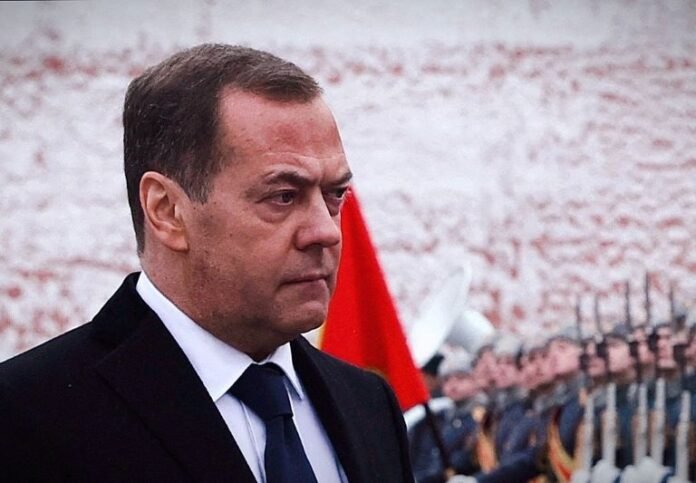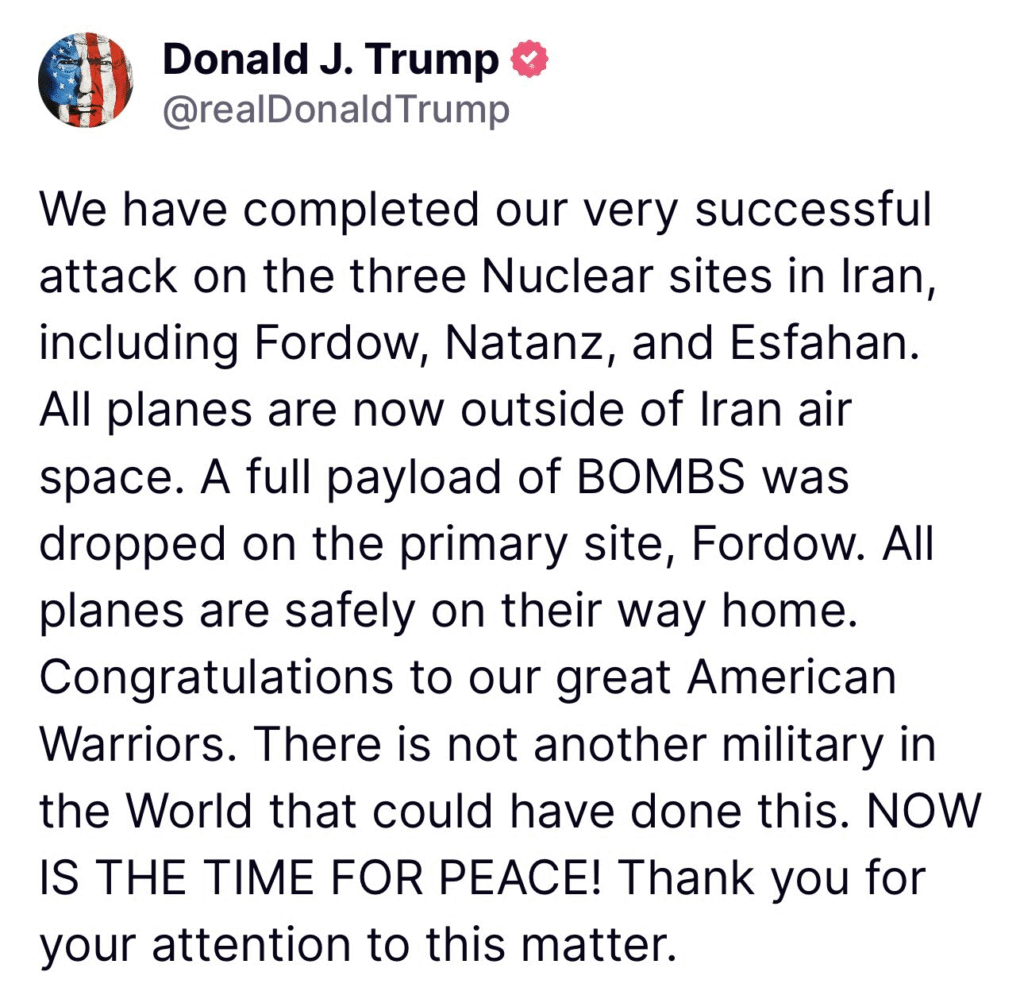Iran is turning more strongly toward Russia following United States airstrikes on its key nuclear facilities. Tehran’s foreign minister, Abbas Araghchi, announced a high-level visit to Moscow during a press briefing in Istanbul on Sunday, describing it as a vital moment for strategic dialogue with the Kremlin.
“I’m going to Moscow this afternoon,” Araghchi stated. “I’ll hold serious consultations with President Putin tomorrow.” His visit comes shortly after U.S.
President Donald Trump confirmed that American B-2 bombers had struck Iran’s nuclear sites in Fordow, Natanz, and Isfahan.
Araghchi described Russia as a “strategic partner,” saying both nations “always consult with each other and coordinate our positions.”
He had earlier spoken with Russian Foreign Minister Sergei Lavrov, who condemned Israeli actions and assured Iran of Moscow’s continued diplomatic support.
Russia Responds Sharply, Hints at Nuclear Alignment
In a dramatic reaction, former Russian President Dmitry Medvedev took to X to declare the strikes a failure.
He warned that the military action might lead to “unprecedented nuclear consequences.” Medvedev said, “A number of countries are ready to directly supply Iran with their own nuclear warheads.”
While he did not name the countries, his comments suggested growing global divisions and a possible shift in alliances.

He argued that the strikes had failed to destroy Iran’s nuclear infrastructure, and instead might speed up Iran’s pursuit of nuclear weapons.
“The enrichment of nuclear material, and now we can say it outright, the future production of nuclear weapons, will continue,” Medvedev posted. He also mocked the U.S. president, saying, “Donald Trump, once hailed as ‘president of peace,’ has now pushed the US into another war.”
“At this rate, Trump can forget about the Nobel Peace Prize, not even with how rigged it has become,” he added.
Tensions Rise Amid Fallout and Strategic Calculations
The Russian foreign ministry issued a separate statement, denouncing the airstrikes as “destabilizing actions” by the United States and Israel. It reaffirmed Russia’s readiness to support peaceful efforts to resolve the nuclear dispute but warned against further escalation.
On the ground, early reports suggest that although the U.S. targeted major nuclear facilities, much of the deeply buried infrastructure remains operational. Trump, however, declared the mission a success, insisting the sites were “completely and fully obliterated.”
Russian officials disagreed. Medvedev predicted that the strikes would only unite the Iranian public behind its leadership and said the U.S. was now facing “the prospects of a ground operation.”
“The US is now entangled in a new conflict,” Medvedev warned. “Explosions in Israel, civilian panic, and troop movements paint a dangerous future.”
As Iran leans harder on its partnership with Moscow, the Middle East risks descending deeper into instability. The shift could also alter the geopolitical balance, especially if military or nuclear support is extended from Russia or its allies.
Rate, Like 👍, Comment, share this article and Follow us on our social media handles.







